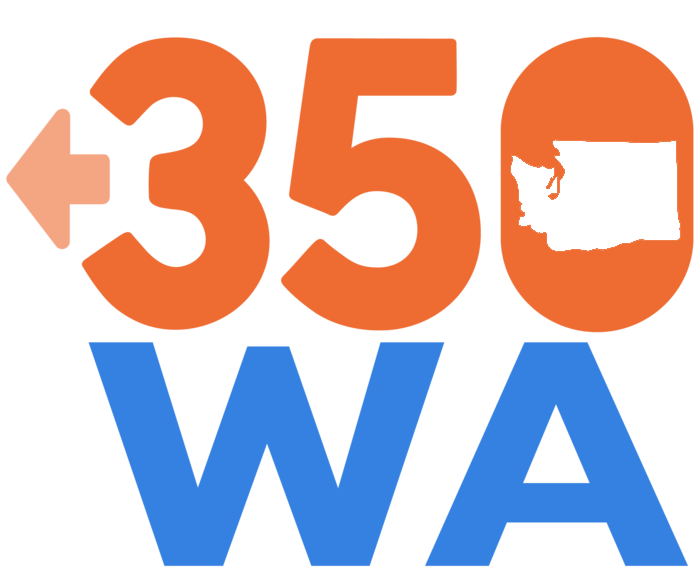Legislative priorities
Civic Action Team 2024 Legislative Priorities
As always with short sessions, the 2024 session will be fast-paced. And dominated by a set of initiatives to the legislature, including one that seeks to repeal the Climate Commitment Act, because of high gasoline prices.
Will drivers receive rebates funded by the CCA? Will oil refiners be required to be more transparent about their pricing? Both options will be on the table, as will HB 2070, an effort to reduce the cumulative risk burdens caused by pollution.
Climate Commitment Act
This is the second year for CCA spending, with supplemental Capital, Operating and Transportation budgets. We will again be following the money.
Partner groups will also be advocating for its revenue to be spent on effective greenhouse gas reductions and mitigating the impacts of climate change on Washington residents, particularly overburdened communities and Tribes. Expect to see spending on zero-emission school buses, support for electric water heaters and other electric appliances in multi-family homes, and clean, electric HVAC in schools.
Housing
In an attempt to incorporate affordability requirements, we’re hearing that last session’s Transit-Oriented Development bill may return as multiple bills, given a lack of consensus on how to move forward. We’ll also be following renter protections closely, particularly given Tacoma’s success in passing their own local version in November.
We also expect a revised real estate excise tax bill whose proceeds would fast-track development of new, deeply affordable homes, create and fund a new housing program for people with disabilities, and support the operations of permanent supportive housing for disabled people with experiences of long-term unsheltered homelessness.
Transportation
Transportation is not only a huge emitter of greenhouse gasses, it’s also an issue of mobility and access justice. Transportation enforcement laws are disproportionately used against people experiencing houselessness and against people of color, and transportation development policies have a big impact on accessibility and quality of life in every community. Special care needs to be paid to which communities are most impacted by transportation policies both on the enforcement side and on the infrastructure side.
We will be tracking the purchase of zero emission school buses (HB 1368) so schools can transition off diesel on a specified timeline, the elimination of jaywalking laws statewide to increase safety and racial equity, and improved funding for regional rail.
Recycling/Waste Reduction
A revised version of last year’s Washington Recycling and Packaging (WRAP) Act — now called ReWRAP — will be considered (HB 2049). It will establish a producer responsibility system for packaging that shifts recycling costs onto the companies that make the packaging decisions, incentivizing them to reduce unnecessary packaging and use greener, more recyclable materials. We expect a separate bill establishing a beverage container deposit program. A new Right to Repair bill (HB 1933) expands the scope of last year’s bill to cover appliances, agricultural equipment, and powered wheelchairs as well as computers and cell phones.
We also expect a new organics “phase 2” bill that builds off a comprehensive organics bill (HB 1799) passed in 2022. The goal is to divert yard debris, food waste and other organic waste from landfills where it decomposes and creates methane gas.
Built Environment
Last session’s Energy Navigator bill (HB 1391) would establish a multi-faceted community and resident outreach program to connect Washington consumers to clean energy financial incentives and qualified contractors for energy upgrades and retrofits. We hope to help move it across the finish line.
Also Buy Clean Buy Fair (HB 1282), which made significant progress last session; it establishes reporting requirements for embodied carbon and fair labor practices for new state buildings, a Home Energy Score (HB 1433) for existing single-family homes, and, if necessary, we’ll be defending last year’s State Building Code Council updates against efforts to weaken their restrictions on the use of fossil gas in buildings.
Energy
Last session’s “PSE bill” (HB 1589) remains in play. It would define a path for the state’s largest combined utility, Puget Sound Energy, to transition its customers away from gas to electricity. We also expect a new version of last session’s Community Solar bill, and will continue to resist efforts to expand nuclear energy in our state.
Police Accountability
Given that Black, Indigenous, and people of color are disproportionately affected by police violence, we will again be supporting legislation allowing the state Attorney General to sue law enforcement departments for patterns or practices of civil rights violations, biased policing, or excessive use of force (HB 1445), as well as a bill establishing an independent prosecutor for police deadly use of force (HB 1579), and other criminal justice reforms.
We will continue to oppose mandatory officer staffing and legislation that would roll back guardrails against engaging in vehicular pursuits, as one of the initiatives to the legislature seeks to accomplish.
Those are just the highlights, we’ll also be looking for the reintroduction of the Green Amendment, additional spending to sequester carbon in state forests, and supporting climate resiliency hubs and climate-smart improvements to state pension investment options.
For a curated list of this year’s climate bills, go here.
Join our people-powered team fighting for climate legislation in Washington state
During the legislative session in January–March, we’ll send you two easy-access Civic Action Team emails per week to push for essential legislation in this year’s session.
